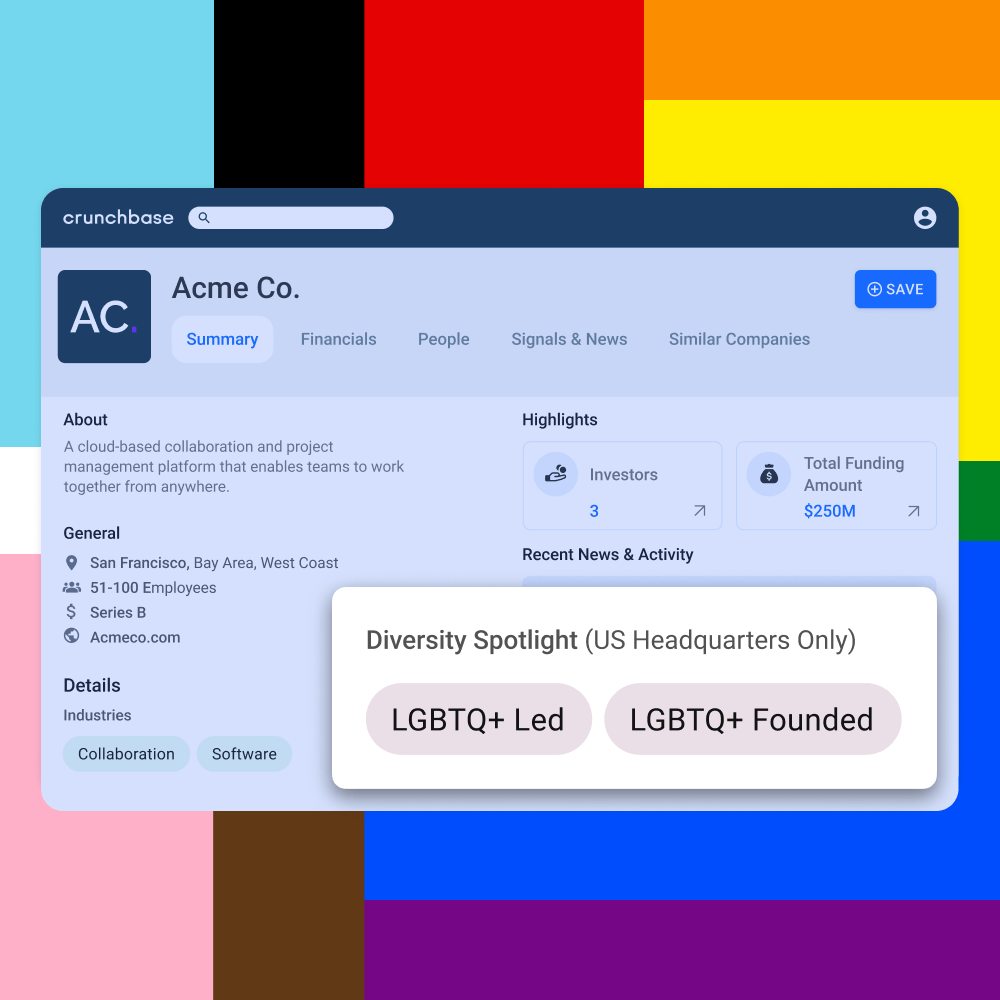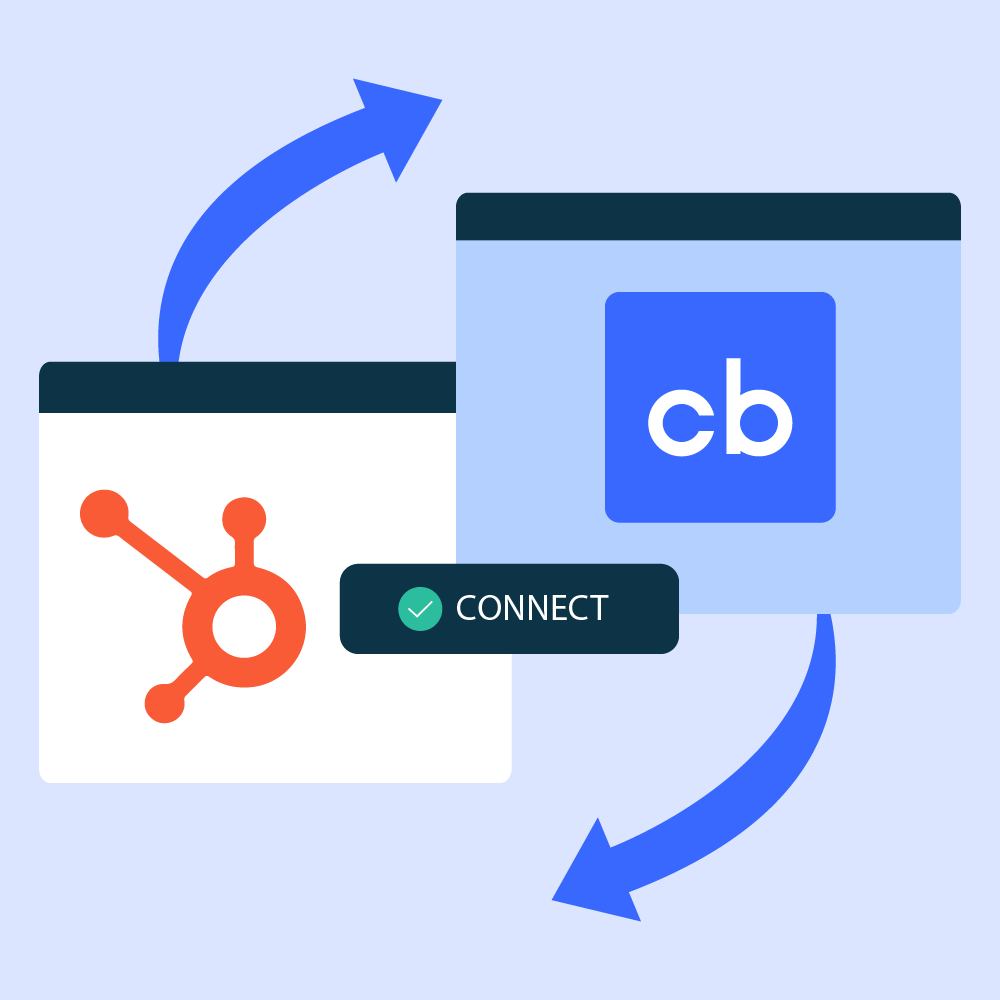As anonymous social networks proliferate, they’re increasingly turning to location-based features as a way to keep users coming back.
For example, location-based private messaging app Yik Yak has raised $10 million on the back of its geographically targeted anonymous sharing service, even as other start-ups begin offering and testing location-based services of their own.
Investors are certainly trying to tap the well of secrets that the oversharing public seems willing to divulge — albeit anonymously. It took less than 45 days for Yik Yak to raise its latest round from investors led by Yik Yak’s seed backer DCM. Other investors in the round include: Azure Capital Partners, Tim Draper, and Renren Lianhe Holdings — the venture arm of China’s answer to Facebook, Renren.
Chinese corporations seem to be drawn to the notion of anonymous content sharing (even as the Chinese government cracks down on the social networking site Weibo). Tencent, China’s online gaming and social media giant, invested in the $36 million round for Whisper earlier this year.
But the interest from China’s corporations only mirrors the appetite of domestic investors in what some see as the next wave of social networking.
Since the beginning of 2013, anonymous messaging and social networking companies have raised $100 million from investors, according to CrunchBase.
The founders of Yik Yak, which has had its share of troubles with anonymous sharing among high school students, certainly see the power in localized anonymity.


“With college, you’re still figuring out who you are and what’s your identity,” says Brooks Buffington, one of the two college graduates behind the Yik Yak app. “When you’re still forming your identity, who you think you are, it’s nice to have a place where you can be the sports guy one day and the philosophical guy another day.”
Buffington and his co-founder Tyler Droll, began Yik Yak as a way to democratize social media at their alma mater, Furman University, and college campuses are still the cornerstone of Yik Yak’s growth.
“The idea came out of a college experience we had where on our college campus at Furman University there were two or three very popular twitter accounts and it was those two or three accounts or the popular athlete accounts who had a powerful voice on campus,” says Droll. “[We thought] why not hop on a service and blast out a message, a joke, a piece of news and have everyone around you see it.”
Now the next step is to see how Yik Yak can expand as the users who have taken it viral on college campuses around the country, begin to move from the ivory tower of college life to the corporate jungles in major metropolitan areas. Already, Buffington and Droll say they’ve seen good traction in cities like New York, Chicago, Atlanta, Dallas, Austin, Houston, Seattle, and Washington.
Other anonymous networking companies appear to be taking note. Not long ago, Secret began work internally on a project called Dens, which allows for anonymous sharing in workplaces and schools.
At this point Secret wants to keep the inside jokes, updates and gossip confined to users in a single location, but Yik Yak and other sites think geo-local secret sharing can offer an unfettered news feed into a location, and are opening up their locations so outsiders can peek in.
That’s one of the features behind the new hyper-local anonymous sharing site, Slight. Users of the app can tag a post to something within a 40 meter radius (about 130 feet), but anyone using the app can read posts from anywhere. “It comes down to context,” says Jon Nash, one of Slight’s co-founders. “When we look at how Slight’s being used the posts are relative. They don’t make sense as a message in a bottle statement.”
Conversations can still be interesting to outsiders, depending on the location in which they’re happening, he says, but Slight’s not really a confessional medium in the same way that Whisper or Secret are. “When we dip in and out of our parallel networks we lose sight of the things around us,” says Nash. “Where you are is a very big indicator of who you are [at a certain time].”


Conversations on Slight are both synchronous (people at an event posting in real time about it) and asynchronous (different posters leaving messages that inform and are informed by a place or event).
“The way I describe this is the long tail of social networking,” says Nash. “You have these millions of pins with social users, and nothing really trends. Smaller conversations in a location disappear and larger, richer conversations take up more space,” on the in-app map of where conversations are happening on Slight.
Ultimately, location becomes persuasive as both an organizing principle and a potential revenue stream down the line, according to Yik Yak’s founders. The company isn’t focused on monetization yet, using its new financing to develop its infrastructure in preparation for a new school year and what the company hopes will be rising demand.
“We provide context to anonymity by having location be that common denominator,” says Droll. “We believe Yik Yak to be the most powerful [app].. it’s a super open social network so that you can send a message out and anyone in that location can see it. Both Secret and Whisper would hail their anonymity as what they are. What we point to is rather our geolocation aspect… that’s what makes [Yik Yak] what it is.”
Photo via Flickr user Guian Bolisay







